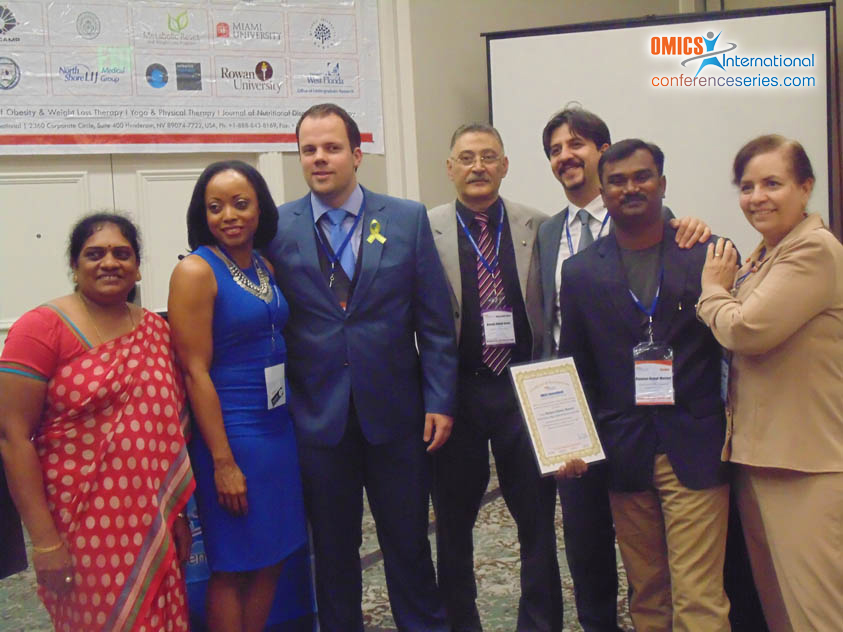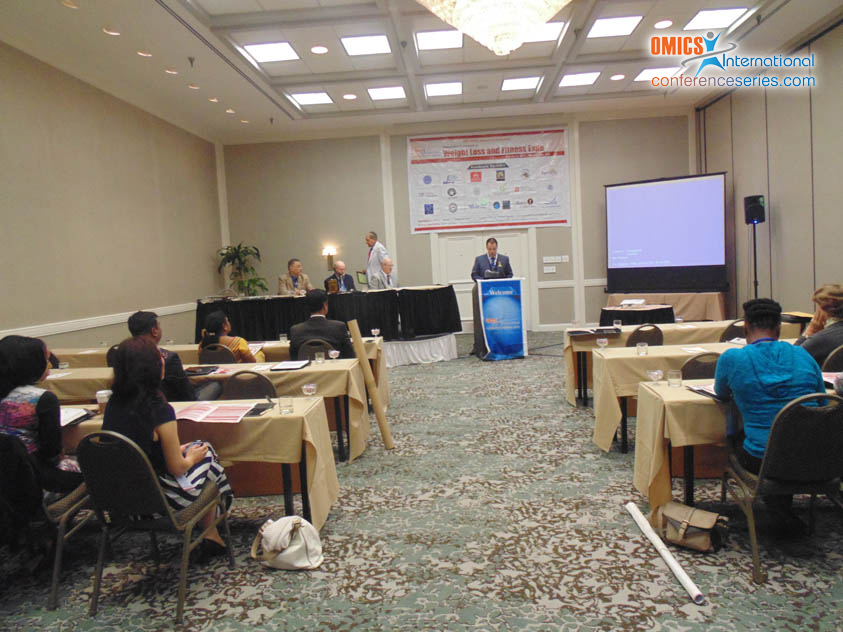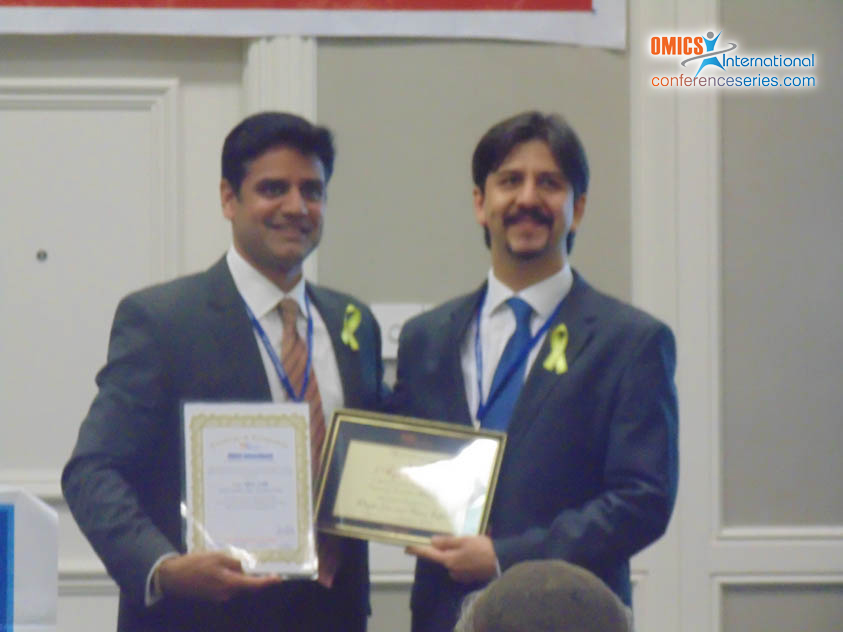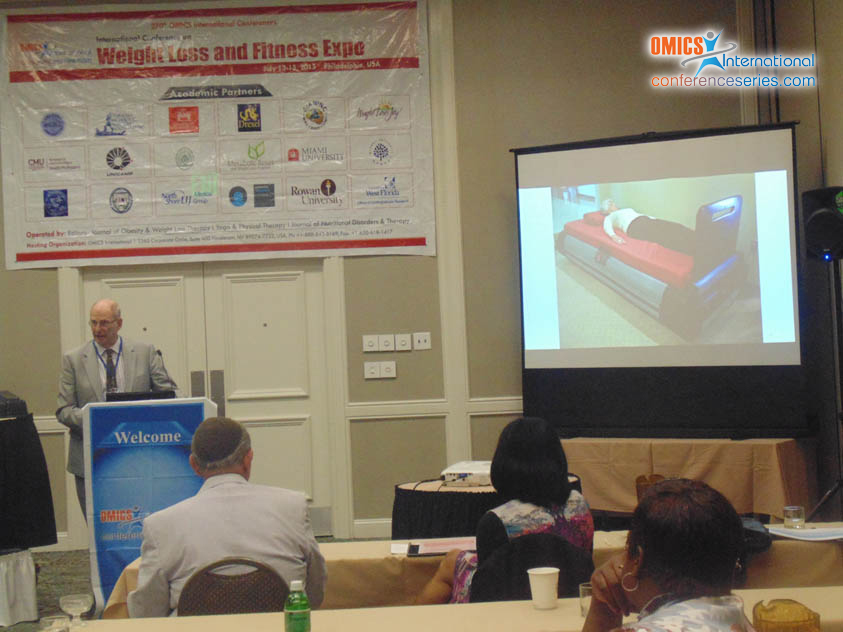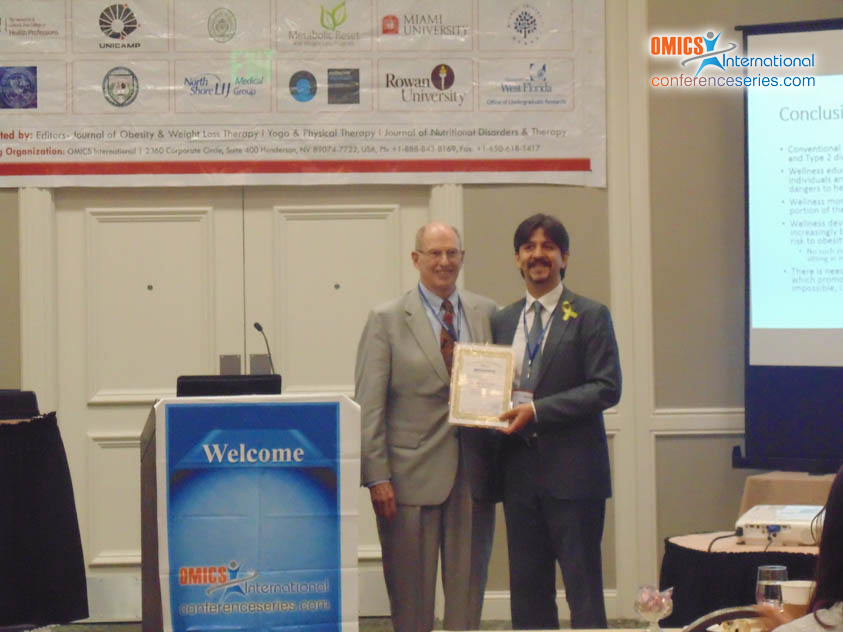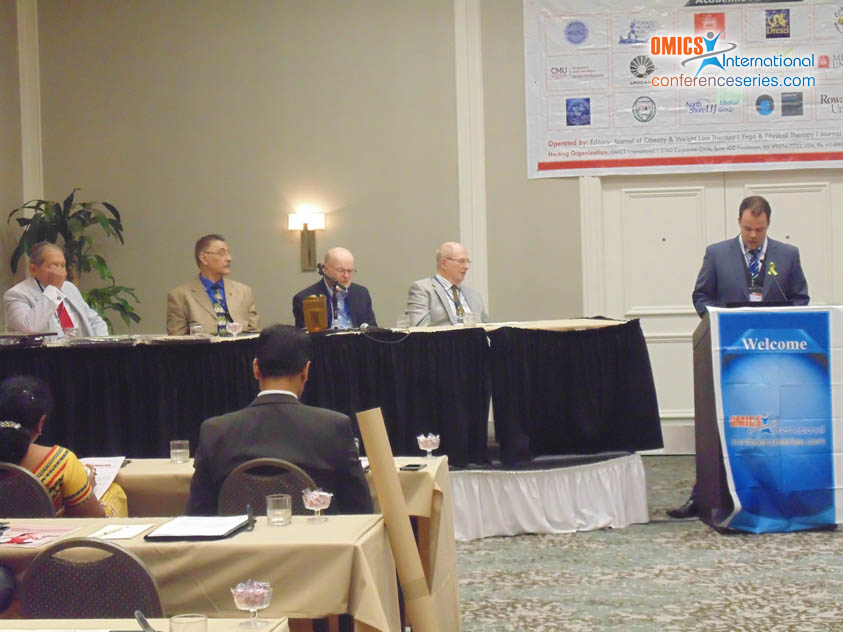
Rajajeya Kumar Manivel
Chennai Medical College Hospital and Research Centre, India
Title: Chennai Medical College Hospital and Research Centre, India
Biography
Biography: Rajajeya Kumar Manivel
Abstract
According to WHO expert consultationby 2015 more than 700 million individuals worldwide will be obese. Th e etiology of obesity is multifactorial with interaction between genetic, individual and environmental factors. Even if genetics plays an important role, behavioral factors like poor diet and physical inactivity are the main causes linked to obesity. Recent studies have reported that the role expression of food addiction problem and development of obesity. Moreover Binge Eating Disorder (BED) and overeating, particularly excessive consumption of palatable foods. It can also trigger a perturbation of the homeostatic set point. Conventional weight loss program that included the use of very low-calorie diets, behavioral programs, exercise, drug therapy, surgery as necessary and itshould be individualized. Moreover, social, psychological and psychopathological variables are clear determinants in the development and treatment of obesity. Th e yoga-based lifestyle intervention program included yoga postures (asana), breathing exercises (pranayama) and lifestyle interventions. It has a benefi cial impact on leptin that plays a key role in regulating energy intake and energy expenditure and alsoreduces the risk for cardiovascular events. Reducing obesity-related complications and changing dysfunctional behaviors should be typically carried out in a multidisciplinary context. Th e combination of mind body therapy, diet and exercise plans leads to better weight loss outcomes. To conclude, Yoga therapy can improve psycho-social-physiological wellbeing in obese population if practiced regularly along with other lifestyle modifi cations and drugs. Th erefore, traditional breathing and relaxation techniques can be prescribed along with conventional therapy to restore homeostatic set point in obese individual

